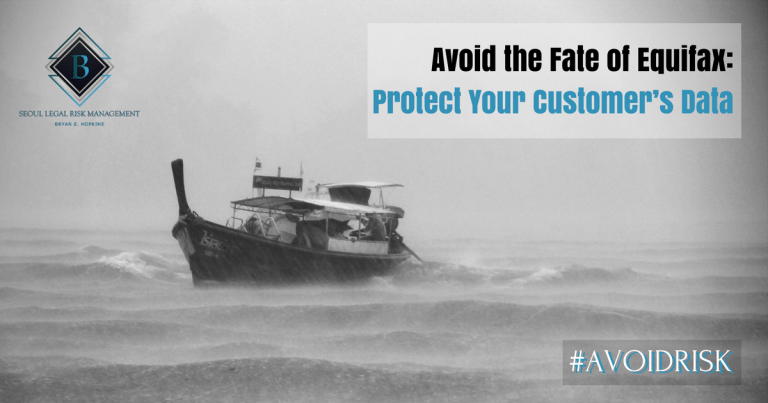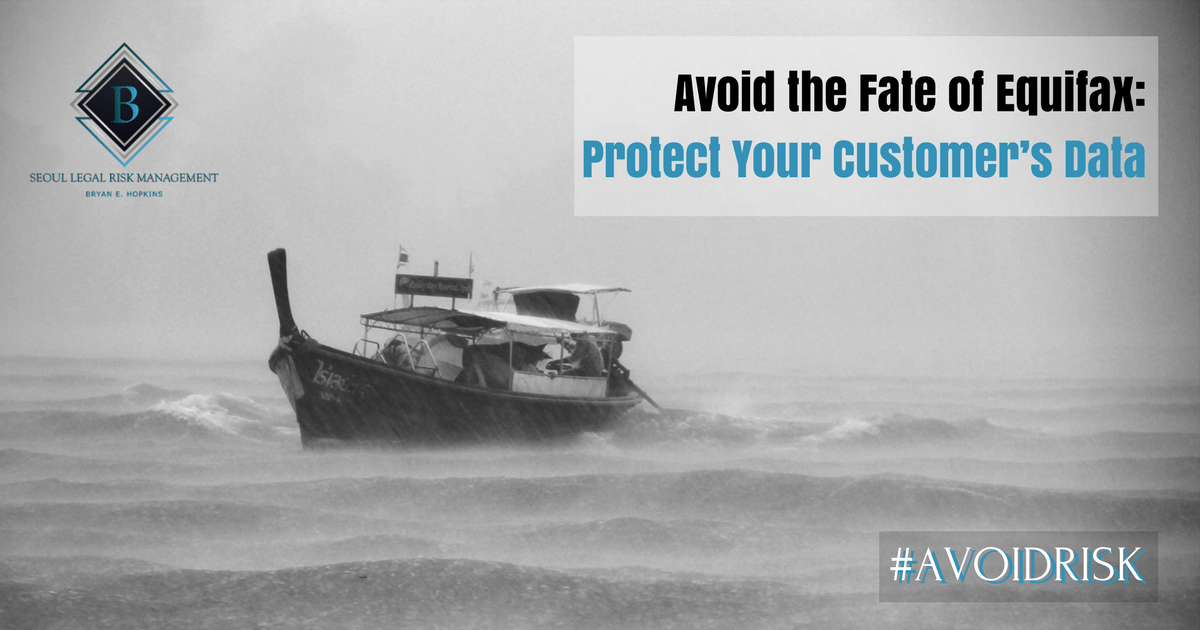
 Equifax, Credit Agencies and Risk (mis-) Management
Equifax, Credit Agencies and Risk (mis-) ManagementRecently, one of the largest credit reporting agencies in the US, Equifax, joined the long list of companies that have been the victim of a major data breach. Equifax is now trying to explain how over 143 million Americans — effectively most of the U.S. adult population — had their personal data compromised.
The company tracks the detailed financial affairs of all Americans in order to gauge their credit worthiness. Along with TransUnion and Experian, they maintain personal data on millions of US citizens, but that once breached, the information can expose nearly every American adult to identity theft.
Under the threat of massive litigation, which may cause its downfall, Equifax is finding out how important it is to protect the personal information of its users and why data privacy has become a growing area of concern around the world. There are five main reasons why data privacy has become a major area of extreme risk requiring the attention of a company’s management. They are:
Managing the risks inherent in data privacy related issues can be quite a task. However, failure to adequately protect customers’ personal data will lead to great reputational harm and risk to a company’s brand.
In determining the risks a company faces, an organization must answer a series of painful questions, including but not limited to the following:
Only once these questions have been answered and the risks associated with personal data has been considered is a company in the position of creating and implementing a risk management process to handle its personal data. But remember - the tough questions must be answered first.